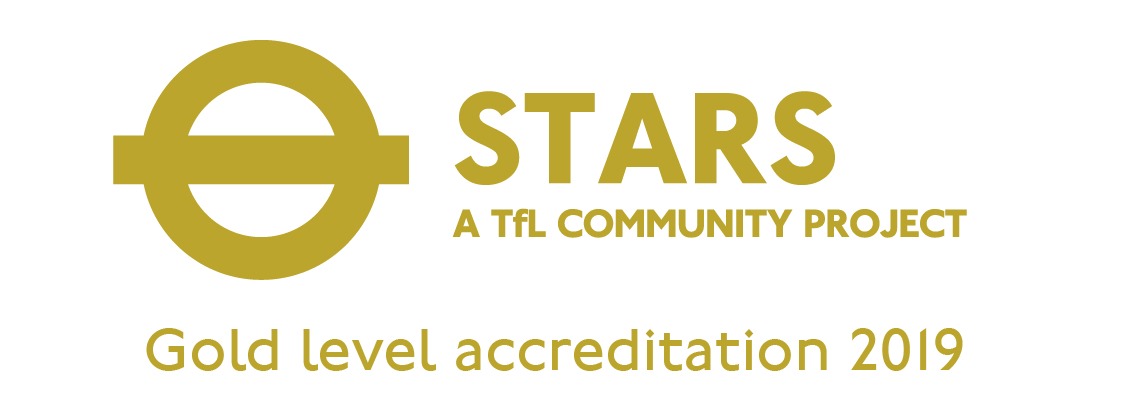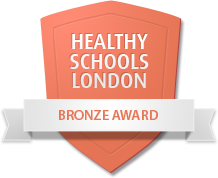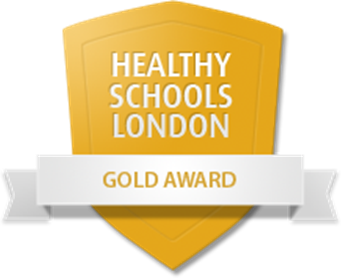Phonics
At Ashmole Primary School, early reading will be taught using systematic, synthetic phonics as the main approach to reading. Pupils will be systematically taught the phonemes (sounds), how to blend the sounds all through the word for reading, and how to segment the sounds in order to write words. They will be taught to use their phonic skills and knowledge as their first approach to reading, but will also be taught high frequency words and tricky words which do not completely follow the phonic rules.
Reading is a central part of every pupil’s life at our school and is at the heart of our curriculum; every child in our school is a reader and so are their teachers. The school follows the government validated programme Little Wandle Letters and Sounds Revised, which ensures children build on their growing knowledge of the alphabetic code, mastering phonics to read and spell as they move through school.

Reading Schemes
At Ashmole Primary School, all our early reading books are matched perfectly to the Little Wandle progression and support all the Letters and Sounds phases. There is an exciting mix of stories and non-fiction to foster a love of reading in all children. All of the books within the Collins Big Cat scheme can be decoded using phonics skills and knowledge – children will be encouraged to use their phonics skills to read. The decodable reading practice books are taken home or accessible in e-book format to ensure success is shared with the family.

Reading for Pleasure
At Ashmole Primary School, we will encourage pupils to develop a love of reading before they start school by taking part in our ‘Ready for Reading’ challenge and borrowing books from the local library. Our school collection of books will allow further access for our families. Once they begin school, we will encourage families to share books with their child, and our Ashmole Primary librarians will visit the YR classes regularly and pupils may borrow library books. From Y1, pupils will have a weekly school library visit and continue to take home books for sharing with their parents alongside their own reading book. We hope that these habits continue as pupils get older – once they are independent readers, pupils select their own reading material, but our class teachers and the Ashmole Primary librarians will be on hand to guide and advise pupils and parents.

Guided Reading
All year groups in our school will start their day with a half hour Guided Reading lesson. Throughout the week, pupils work in different groups on phonics activities, comprehension skills and they also read with their class teacher and a teaching assistant, with whom they change their books. All pupils take home a set of reading books each week, which we ask them to read to their parents and carers. This should take approximately half an hour, but the time varies according to the needs of the individual pupil.
A number of our parents and carers will also kindly volunteer to read with our pupils, one to one, during our Guided Reading lessons and we will find this an invaluable support. All our volunteers will receive DBS clearance before they can work with our pupils.
The school will host regular Reading Mornings, where parents and carers can come into school to read stories in class with their child and their child’s peers. We have developed two School Libraries on each floor of the school building, with the help of the Ashmole Primary PTA.

Reading List
At Ashmole Primary School we are a reading for pleasure school. We firmly believe that children who read for pleasure do better in school than those who do not. The enjoyment of books is supported by a variety of teaching methods beginning with a structured phonics programme in the early years of learning to read. One-to-one reading in school is crucial to the support of early development of skills and we value the supportive role of parents when reading at home and our parent volunteers who listen to children read at school.
Guided reading is an integral part of our learning whereby children work in small groups with an adult and explore a text through lively discussion and exposure to thought –provoking questions. Our reading curriculum encompasses a wide range of both fiction and non-fiction including stories, playscripts, information books and poetry. All different types of reading material are valued including e-books, newspapers, recipe books and magazines.
Reading for pleasure underpins our curriculum as we prepare the children for a lifetime love of books.
http://www.wordsforlife.org.uk/searchbooks?keys=&field_booksuitable_value_many_to_one=All







